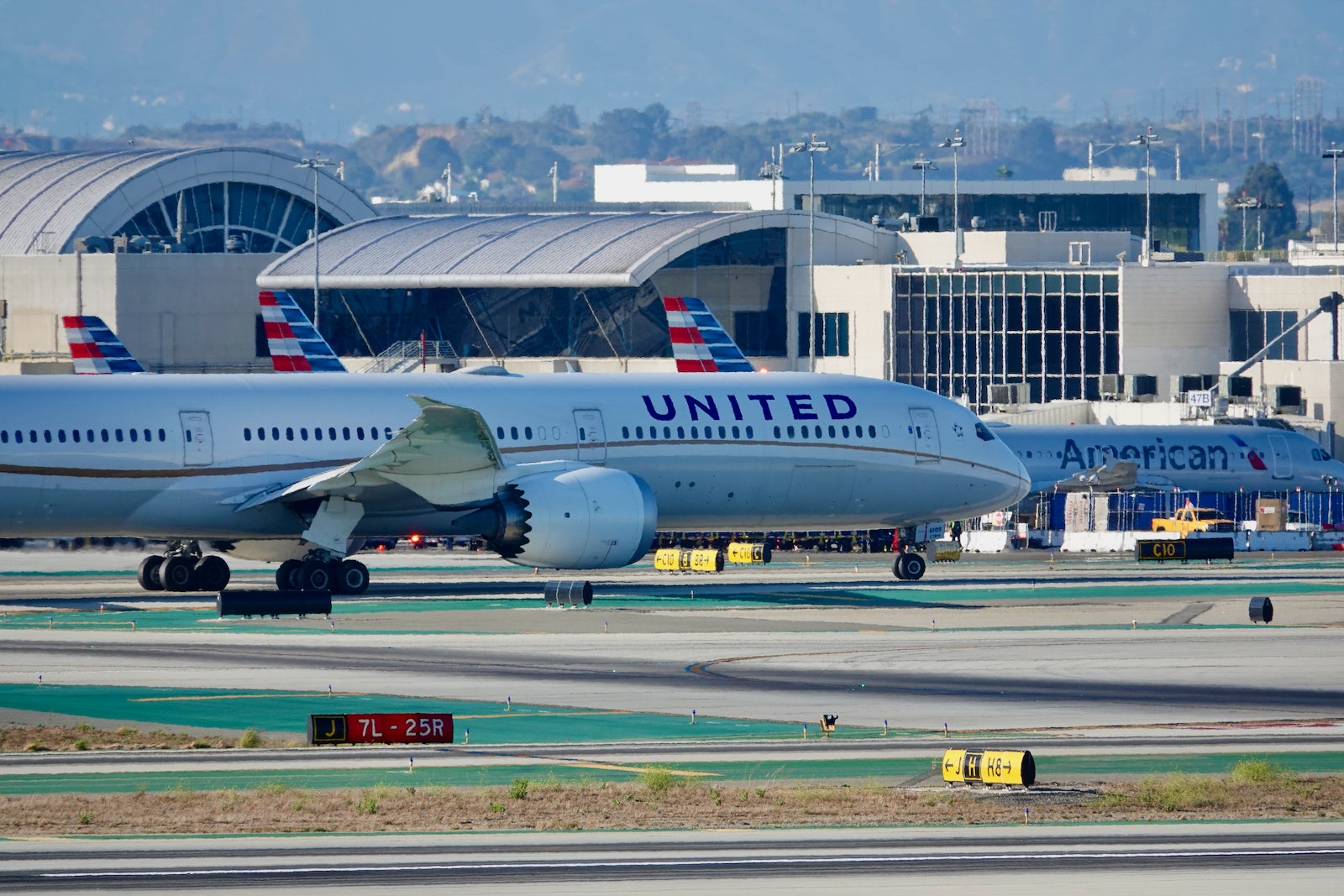EU countries are planning to drop calls for an “independent” inquiry into the shocking killing of Palestinian journalist Shireen Abu Akleh in a watershed meeting with Israel next month.
“The EU reiterates its call for a thorough and independent investigation that clarifies all the circumstances of Shireen Abu Akleh’s death, and that brings those responsible for her killing to justice”, the EU had aimed to say in its declaration accompanying the event.
That was the original wording, proposed by the EU foreign service.
But a new version of the draft, according to an excerpt seen by EUobserver on Monday (19 September), struck out the key word and watered down language on the probe’s executive mandate.
“The EU reiterates its call for a thorough investigation that clarifies all the circumstances that led to Shireen Abu Akleh’s death, and that those responsible are brought to justice,” the new EU text says.
Abu Akleh, a Palestinian-American journalist with the Al Jazeera broadcaster, was shot dead while covering a protest in the West Bank on 11 May.
Her killing prompted an international outcry amid allegations by the Palestinian Authority and by US broadcaster CNN that she was deliberately targeted by Israeli forces as she tried to run to safety while wearing a blue jacket marked “PRESS”.
EU foreign affairs chief Josep Borrell and US secretary of state Antony Blinken both called for an “independent” probe at the time. Borrell repeated the call in a statement to MEPs last week and US Democratic senators are still clamouring for an outside investigation.
Some 43 MEPs have also nominated her for the EU Parliament’s ‘Sakharov Prize’ — a human-rights award — this year.
The final version of the EU statement is to be agreed upon in Brussels on Wednesday, but if the softer language stays it is less likely that Israel will ever be held to account, given its track record of exonerating its own soldiers in internal probes.
In 2019 and 2020, Israel followed up with prosecutions in just four out of 273 complaints about violence by the Israeli Defence Force (IDF) against Palestinians, according to research by Israeli NGO Yesh Din, for instance.
“We took note of the recent report of the IDF about her [Abu Akleh’s] killing,” an EU spokesman said on Monday, referring to an inconclusive Israeli investigation.
“But [we] reiterate our call for a thorough investigation clarifying all the circumstances that led to this tragic death,” the EU spokesman added, also without using the word “independent”.
The EU-Israeli meeting, called an Association Council, will see Israeli foreign minister and prime minister Yair Lapid meet top EU officials in the first high-level event of its type since 2012.
It was due to take place in Brussels in early October, but the date and venue might still change if the EU also invites Lapid to an informal summit of EU leaders to be held in Prague on 6 October.
The office of EU Council president Charles Michel and the Czech prime minister’s office declined to confirm or deny if Lapid had been asked to come to the summit.
The watershed in Israel relations comes amid EU efforts to cement ties with strategic allies due to the Ukraine war. It also comes amid European hopes to buy gas from Israel in future via a new Mediterranean pipeline after Russia cut supplies.
Lapid is a centrist and pro-European figure compared to recent right-wing Israeli leaders, such as Naftali Bennet and Benjamin Netanyahu, and friendly, high-profile foreign meetings could help him stay in power after Israeli elections on 1 November.
With friends like these
But for all that, Lapid has done nothing to ease EU concerns in his time in office.
Israel is continuing to expand Jewish settlements on Palestinian land, record numbers of Palestinians are being killed, and EU-funded charity projects are still being bulldozed. Israel is also shutting down NGOs on bogus terrorism charges and restricting access for foreigners to the West Bank.
It has snubbed the EU’s special envoy for the Israeli-Palestinian peace process, Sven Koopmans, by refusing to let him meet senior officials and it has imposed a visa ban on Manu Pineda, a Spanish MEP who heads the EU Parliament’s delegation for relations with Palestine.
Israeli police even batton-whipped mourners and threw stun grenades at Abu Akleh’s funeral because they were carrying Palestinian flags in an atmosphere of mounting hatred.
“The EU remains gravely concerned by the high levels of incitement and provocation on all sides,” it also plans to say in its statement, according to the extract.
When asked by EUobserver why it was rolling out the red carpet for Lapid despite the long list of Israeli abuses, the EU foreign service and the Czech EU presidency denied that was the case.
“This [the Association Council] does not represent ‘an upgrade’ of relations, rather readiness to use the available instruments we have for institutional interaction with partner countries”, the EU spokesman said.
It “will serve as an opportunity to have a frank discussion on many important issues, including sensitive ones,” a Czech spokeswoman said.
Austria, the Czech Republic, Cyprus, Greece, and Hungary are among Israel’s allies inside the EU.
“Israel is a key partner of the EU in the region,” the Czech spokeswoman said.




















Discussion about this post